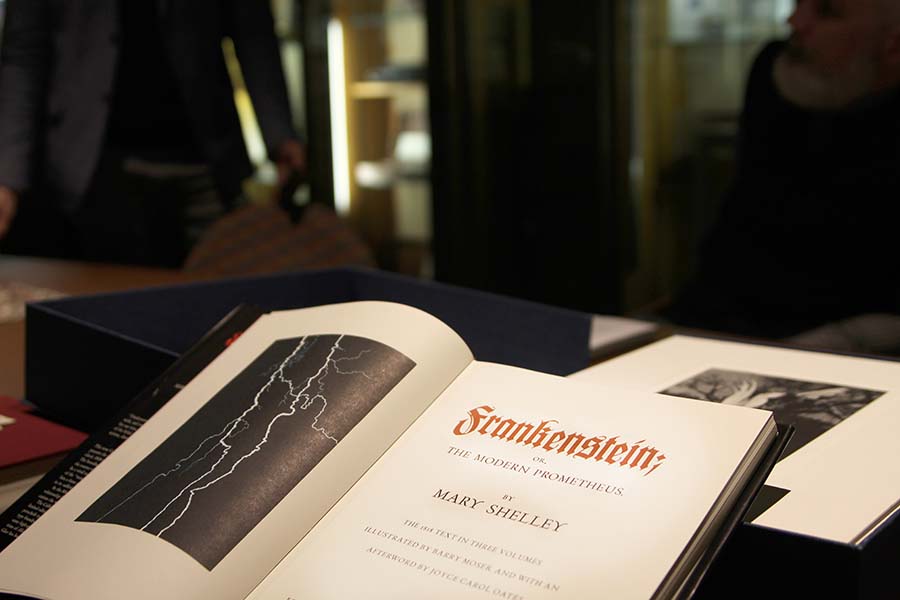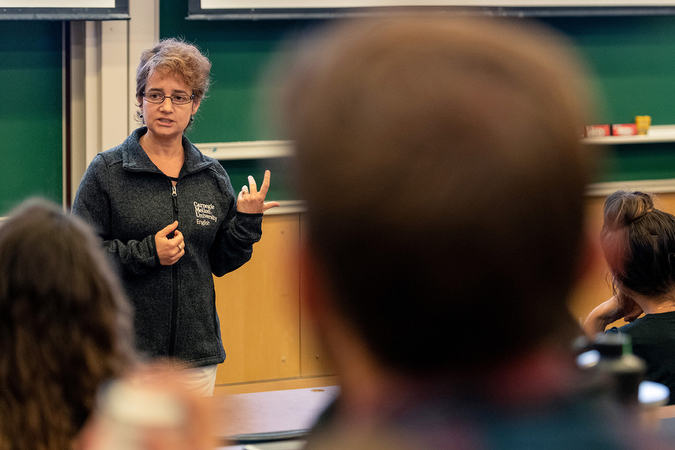Bridges and Borders: The Archive
A Graduate Student Conference presented by the Department of English in collaboration with the Department of Languages, Cultures, and Applied Linguistics
Neither knowledge nor memory exist in isolation. Rather, the creation, transmission, and evolution of knowledge and memory hinge on specific social practices and structures, both material and immaterial. The Bridges and Borders theme this year is The Archive, understood as anything from institutionally maintained collections of rare materials to oral histories and memories. For scholars in the humanities, archives are not merely tools for finding sources for our research. Archival practices shape the actions of archivists; political agents; and visitors from historians, to critics, to students, to researchers and the layperson. Such practices also raise questions about institutions and the boundaries between the institution and the archive -- and of the archive itself.
We ask participants at this conference to think deeply and critically about what gets preserved, how preservation disrupts our understanding of history and memory, how the language and cultural context of an archive grants or restricts access, who gets to decide what gets archived, and what remains excluded or silenced. Work stemming from research in archives is welcome, but moreover, we seek to explore and challenge the conventional definition of the archive and think critically about how the archive is constructed materially, conceptually, and historically.
For this year’s hybrid conference, we invite proposals for papers, roundtable discussions, creative pieces, workshops, and pre-constituted panels from graduate students across disciplines.
This conference asks:
- What is an archive? How is knowledge constructed by an archive?
- In what ways can the archive be reimagined or reconceptualized beyond its traditional definitions?
- How do archives reinforce or challenge systems of power, privilege, and representation?
- How are archives and archival practices linked to identity, both in terms of those who access and those who are represented in archives?
- What role do archives play in preserving marginalized voices or histories? How can we recuperate voices that have been silenced in archives?
- What methodological approaches can researchers draw on to interrogate or deconstruct archives?
- How does culture serve as an archive of a people and how does language/language ability influence access to those spaces/archives/cultures?
- How can archives inform creative practices, public history, or pedagogy?
- Where is the boundary between the visitor and the archive?
We welcome proposals from across Humanities disciplines that consider the following keywords and concepts:
- Literary and Cultural Studies
- Archival studies
- Film and media studies
- Museum studies
- Institutional studies
- Rhetoric
- History
- Art history
- Theater and drama studies
- Gender and sexuality studies
- Critical race studies
- Marxist approaches
- Translation
- Second Language Acquisition and pedagogy
- Data and Second Language Acquisition
- Language documentation
- Language revitalization
- Linguistic landscape
- Family Language Policy
- Language documentation
- Historical linguistic archives
- Archives of multilingual communities
- Ethnography
- Comparative literary studies
- Education
- Creative Writing
- Curation
- Preservation
- Institutional funding and defunding
- Archival infrastructures
- Censorship and moderation
- Mobilities and spatial formation
- Archives and power
- Archives and accessibility
- Digitization and digital mediation
- Recalcitrant or precarious materiality
- Hostile or resistant materials
- Destruction and loss
- Aleatory occurrences (i.e, “acts of God” such as fire, flood, decay, earthquakes)
- Obsolescence (i.e., old, incompatible technology)
- Archival silences and absence
- Collective memory
- Remembering and forgetting
Submission Types
Research Presentation: Participants present research from coursework, dissertation, or extracurricular projects. Works in progress welcome!
Project Showcase: Participants display, read, or otherwise showcase something they have created (e.g., a poem, a creative work, a website, a document design project).
Preconstituted Panels: Participants submit a preorganized panel, typically made up of 3-4 paper presentations. We welcome panels that grow from graduate seminars with students at the same university or branch out across disciplinary and university boundaries.
Keynote Speaker: Dr. Abdulhamit Arvas
Abdulhamit Arvas is Assistant Professor of English at the University of Pennsylvania with affiliations in Gender, Sexuality and Women's Studies, Comparative Literature & Literary Theory, and the Middle East Center. He is an extraordinary member of Exeter College of the University of Oxford. His research and teaching focus on early modern literature and culture, comparative histories of sexuality, gender, and race, and cross-cultural encounters in the Renaissance. He is the author of Boys Abducted: The Homoerotics of Empire and Race in Early Modernity (Duke UP, 2025), and coeditor of Critical Confessions Now (Palgrave, 2020).



